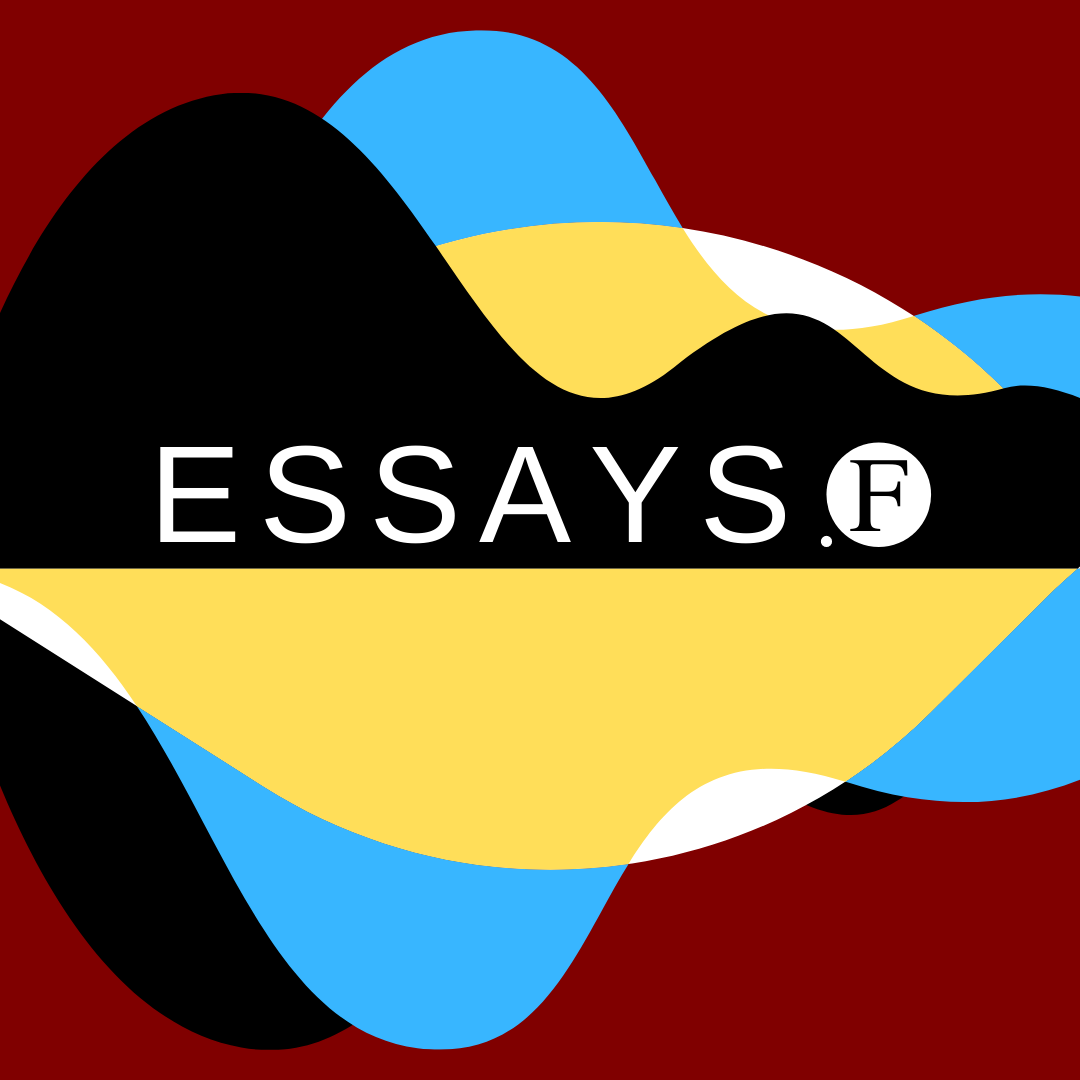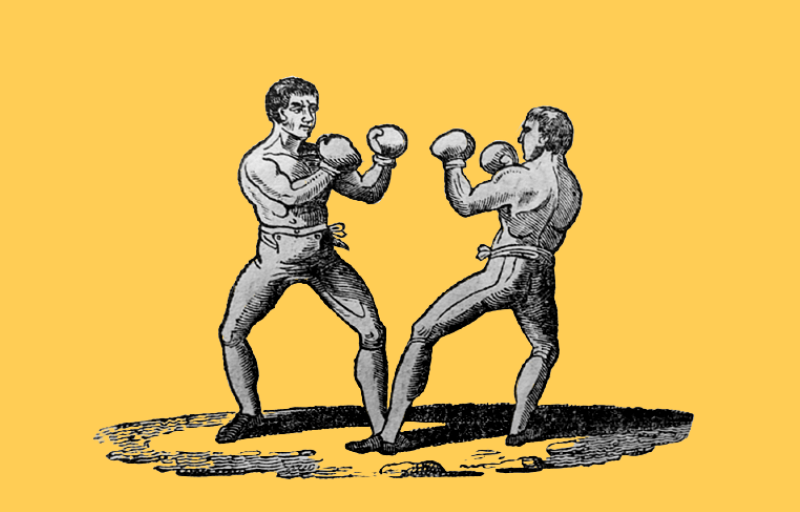Learning from Books
Alan H. Goldman on the philosophical value of the novel
A main thesis of my book Philosophy and the Novel is that novels that explore moral themes are perfectly suited to teach us about moral development and its opposite, moral disintegration. In reading about extended periods of characters’ lives, including their inner lives, and in empathizing with the characters, we vicariously experience their moral progressions, both positive and negative. Much as we do from real life experience, we can then learn in a more focused way than we do from abstract nonfiction texts general truths about how moral agency develops and, in more inhospitable social conditions, atrophies.
Two canonical novels that perfectly illustrate this capacity to morally educate us are Jane Austen’s Pride and Prejudice and Joseph Conrad’s Nostromo. Pride and Prejudice traces the extended moral development of its two main characters, while the minor character all represent various stages of stunted moral agency. It is clear from their differences that Jane Austen is aware of all the emotional and cognitive capacities required for full moral agency: non-egocentric and broadly focused moral perception that can weigh such factors as intentions and distant effects, empathy with persons having different values and motives, and an accurate assessment of one’s fallibility but strength of will to act on one’s reflective moral judgements.
Elizabeth Bennett’s initial judgements are based on superficial appearances and centred on properties related to herself. She judges Wickham, who is handsome, pleasantly mannered, and attentive to her, to be of good character, and Darcy, who declines to dance with her, negatively. Emotionally, she misreads both her own feelings and others’ and projects her emotional perspective onto those who do not share it. Self-centred misperception and social stereotyping block empathy with those from different backgrounds and social circumstances. She cannot understand Charlotte’s acceptance of Mr. Collins, and she is shocked by Darcy’s proposal of marriage. Darcy’s letter finally challenges her self-image and reveals the major errors in her earlier judgements, initiating a long process of reappraisal and moral enlightenment. With continued interaction with Darcy come the marks of moral maturity: the ability to weigh conflicting evidence, overcome stereotypes, and take into account hidden motives and intentions.
Mostly offstage, Darcy undergoes a similar transformation, although from the opposite social perspective. By contrast, the minor characters remain morally defective in different ways. Jane is a naturally kind person, but she lacks the capacity for accurate moral discrimination, as she mistakenly ascribes her own good motives to others. For that reason others can easily take advantage of her. Mr. Bennett suffers from a different kind of stunted moral development. He is quick to perceive the foibles and weaknesses of others, and we delight in his ironic wit in ridiculing them, but he suffers from an acute inability to act, even to protect the vital interests of his family. The other minor characters make neat contrasts. While Lydia and Mrs. Bennett are self-centred, emotional, and completely lacking in judgement, Charlotte and Mary judge without any feelings to animate or guide their responses. The most highly comical and one-dimensional characters also exemplify lack of moral development: Mr. Collins, with his obsequious, overwrought manners and language; Lady Catherine, with her overbearing, self-centred interference; and Wickham, who is devoid of moral motives altogether, despite his polished manners and acute perception of others’ vulnerabilities to serving his own interests. He suffers from the typical cognitive distortions of the morally stunted, seeing himself as a victim and blaming Darcy for his own self-destructive actions. Each of these characters, then, illustrates one or more symptoms of underdeveloped moral personality, making clear again Austen’s thematization of the nature of full moral development.
Pride and Prejudice, despite its light, comic, ironic tone, reveals the cognitive and emotional factors involved in maturing moral agency. Conrad’s Nostromo, its opposite in both tone and content, thematizes the antithesis: the disintegration of moral personality, a significant part of an integral human self. Stylisically, the reader is challenged by changing narrators, points of view, and spatial and temporal perspectives. The changes in narrators, allowing us to see the characters only through the eyes of others, point to the social aspect of personal identity, while the radical shifts in space and time point to the smallness and vulnerability of human projects in hostile social and natural environments. The development of autonomous moral agency requires a social environment in which agents are capable of shared self-directed actions, in which they can carry out cooperative plans, in which they occupy social roles they can fill in ways coherent with their values, and in which others can reinforce their developing self-images. None of this is present in the chaotic revolutionary world of Conrad’s fictional Latin American state, the main setting of the novel. Its characters are subject to extreme adversity and temptation, victims of extreme circumstantial moral luck, circumstances that overwhelm character and effect a complete breakdown of the self. The result is either fanaticism, obsessive clinging to a single purpose that maintains psychological unity at the cost of alienation and loss of control, or fragmentation, the loss of any sense of purpose or personal identity.
The title character Nostromo dramatically illustrates the dependence of the self and self-image on social reinforcement. His sole concern is his honor, to be admired by others. His natural instincts seem perfectly suited to draw that admiration as the hero of various perilous missions in the revolutions and counter-revolutions. But the seeds of conflict and fanaticism are already present in his personality. He is a man of instinct, yet everything he does is for show; he is a man of the people, yet at the service of the elite rulers. In the climactic failed mission to save a shipment of silver from falling into enemy hands, he falls to both extreme bad luck and temptation. Not being able to return the silver, part of which goes missing, without drawing suspicion upon himself, he cannot resist the temptation to hide and steal it. His fear of being thought corrupt corrupts him. His moral identity is now beyond his control, since he can no longer make his public image match his self-knowledge. We cannot say whether his action represents a radical change in character, a revelation of true character, or the myth of character in the face of circumstance. We do know that the public and private selves come apart, resulting in a fanatic pursuit of the single goal of maintaining the riches that he formerly spurned.
The other characters in the novel suffer similar fates. Charles Gould, the proprietor of the silver mine, is a variation on the descent into fanaticism, although more gradual. His initial motives are moral, to bring prosperity to the fledgling state. But the actions he must take to maintain the mine in the corrupt political environment corrupt him, as he must constantly sacrifice his moral sense to its survival. Decoud, a Frenchified, wholly cynical dandy, is the pathological opposite of a fanatic, totally uncommitted to the political cause or any other purposes in which he participates. He accompanies Nostromo on the failed silver mission, becoming isolated on an island with the silver, and his physical and social isolation completely undoes him, ending in suicide. Dr. Monygham is another variation on the theme, his psyche having already been shattered by his past betrayal of friends at the start of the novel. Although he partially redeems himself later on, his public persona remains sharply divided from his private, unable to reveal his true motive, his love for Emilia Gould. Finally, Emilia herself, the one character who maintains a moral compass throughout the story, fails both in her marriage and in her service to the community. Once more in her we see futile actions, isolation from others, a public persona different from the private, and desired, if not actual, self-destruction.
Thus both these novels, in opposite ways and with antithetic themes, teach us general truths about the nature of moral agency and its progressions. The lessons are more vivid for reflecting characters who represent different facets of the same themes. Similar themes are found in the other novels philosophically reviewed in my book. Engagement with such themes is part of our full engagement with these novels, part of their value for us. I argue that it is part of their literary value as well, but that is a main claim of another part of the book. We may conclude here that literary critics might pay more attention to philosophical themes in such novels, while moral philosophers not only might have something to contribute to literary criticism, but have much to learn from novels too. In no other genre (save perhaps biography) do we find so all-inclusive accounts of the unfolding of our moral lives.
Image credit: John Opie, ‘Portrait of Mary Wollstonecraft’
The Source Code
This essay is based on the book Philosophy and the Novel by Alan H. Goldman (Oxford University Press, 2013).






